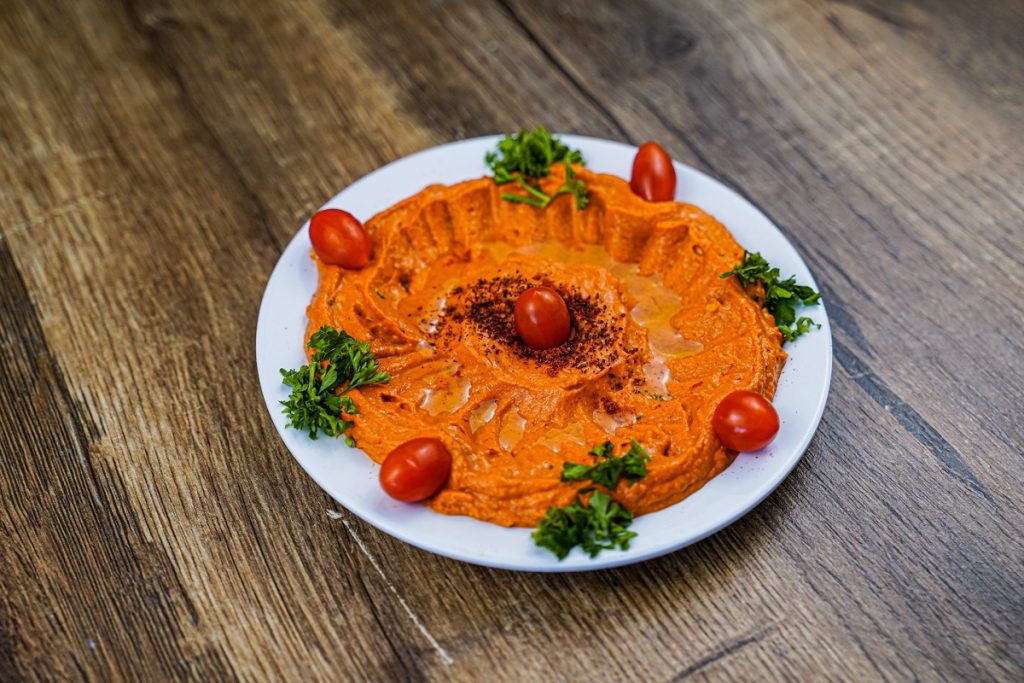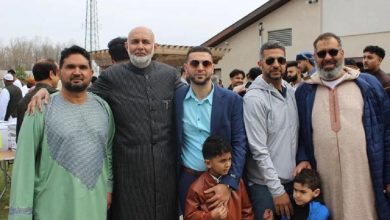Savor Authentic Mediterranean Flavors at Dimassi’s Buffet in Houston
Since 1992, Dimassi’s Buffet has served Houston’s diverse community with halal, healthy, and authentic Mediterranean cuisine in a warm family atmosphere.

Dimassi’s Buffet first opened its doors in 1992, introducing Houstonians to the rich and diverse tastes of the Mediterranean. As a family-owned and operated restaurant, Dimassi’s has grown into a household name, known not only for its food but also for its warm hospitality and welcoming atmosphere.
From the very beginning, the vision was simple: to bring authentic Mediterranean cuisine to Houston through a buffet-style dining experience that allows guests to explore a variety of flavors in one sitting. Over the years, Dimassi’s has stayed true to its roots while continuously innovating to meet the needs of its diverse community.
The Menu: A Journey Through the Mediterranean
At Dimassi’s Buffet, the food speaks for itself. Every dish is prepared with fresh ingredients, traditional recipes, and a passion for authenticity. Guests can enjoy a variety of halal-certified options, ensuring that meals meet the highest standards of quality and ethical sourcing.
Some popular highlights include:
-
Falafel – Crispy, golden chickpea patties seasoned with fresh herbs and spices.
-
Hummus & Baba Ghanoush – Creamy dips that are staples of Mediterranean dining.
-
Kabobs and Shawarma – Juicy, marinated meats cooked to perfection.
-
Fresh Salads – From tabbouleh to fattoush, always refreshing and healthy.
-
Vegetarian & Vegan Options – A wide selection of plant-based dishes catering to all dietary needs.
With over 40 dishes available daily, the buffet ensures that everyone—from families to business professionals—can find something to enjoy.

A Commitment to Health and Community
Dimassi’s Buffet is more than just a restaurant; it is a reflection of the Mediterranean way of life, where food is both nourishing and communal. With a strong emphasis on healthy eating, guests can enjoy flavorful meals without guilt, knowing they are made with nutrient-rich ingredients that support a balanced lifestyle.
Beyond the food, Dimassi’s has always been a gathering place for Houston’s diverse population. Whether you’re enjoying a quick lunch, a family dinner, or celebrating a special occasion, the restaurant offers a warm and welcoming environment where everyone feels at home.
Why Houstonians Love Dimassi’s
-
Authenticity – Traditional recipes passed down through generations.
-
Variety – An extensive buffet with options for all tastes and diets.
-
Halal Certified – Trusted by Houston’s Muslim community.
-
Family-Owned – A restaurant with heart, history, and heritage.
-
Healthy & Fresh – Wholesome meals made with care.

Experience Dimassi’s Buffet Today
For over three decades, Dimassi’s Buffet has been a cornerstone of Houston’s dining scene, bringing together people from all walks of life to share the joy of authentic Mediterranean cuisine. Whether you’re craving fresh falafel, tender shawarma, or light and healthy salads, Dimassi’s has something for everyone.
Visit one of their Houston locations today and discover why Dimassi’s Buffet continues to be the go-to destination for food lovers who want both flavor and tradition in every bite.



